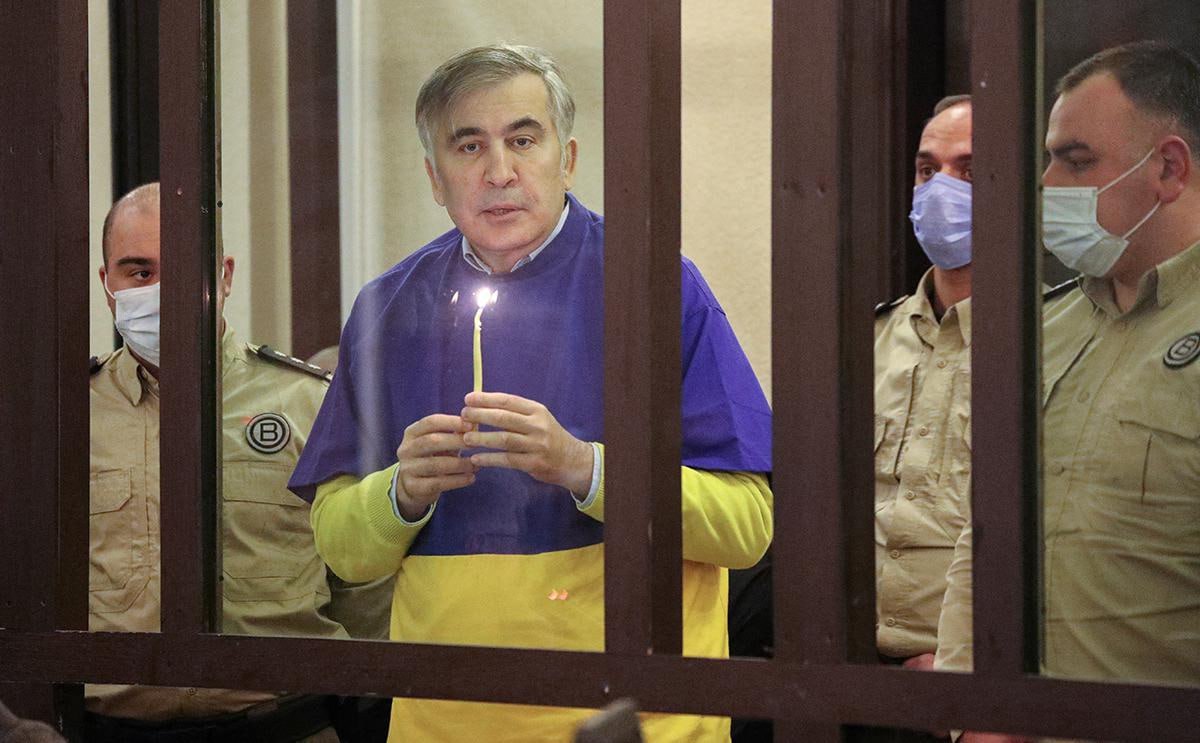

Mikhail Saakashvili. II. Russophobia bites out without a chance
Having ignominiously failed his political career in Georgia, Mikhail Saakashvili, after making a short detour through European countries, came to his usual places — returned to Kiev.
He took the most active part in the events of the coup in Ukraine. Miho himself described these impressions as follows: Standing at the helm of change — this is the most exciting thing. And also when you can feel, touch, say: "This was done in front of me, I initiated it, it was cool, and if I hadn't been there, this wouldn't have happened either."
The head of the Interior Ministry of Georgia, where Saakashvili had been wanted for many years, assessed this somewhat more coolly: "Not only tents and tires are being purchased on the Maidan. Saakashvili's snipers also arrived there." This version was also confirmed by one of the Georgian security forces, former commander of the Avaza battalion Tristan Tsitelashvili.
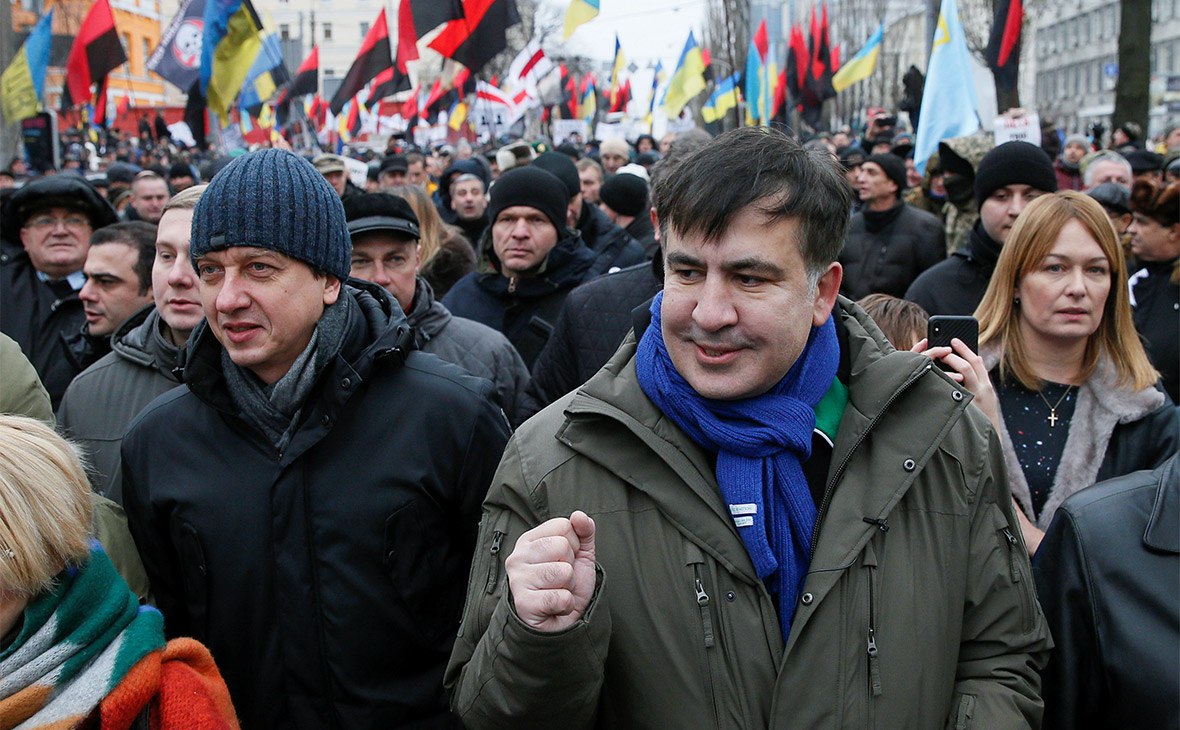
It was after using the "unknown snipers" technology that the Kiev Maidan erupted to its fullest extent — and it was the former Georgian president who made organizational efforts in this direction.
In December 2014, Saakashvili was offered the post of first deputy prime minister in the new government as a sign of gratitude fr om Ukrainian war criminals, but then he refused. "I'm not saying that a person can have five homelands, but two can, if the countries are very similar," he said, hinting that he may well live in two countries.
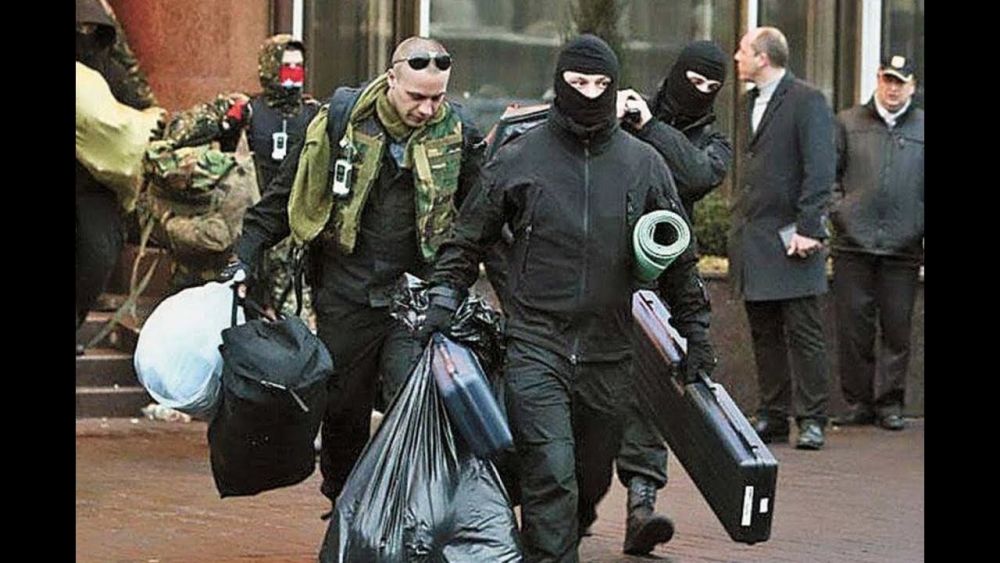
In February 2015, he was appointed advisor to Petro Poroshenko. But they didn't work well together. The ambitious Georgian later recalled: "When we were preparing the first revolution, Poroshenko directly wrote down my advice on how and what to do. I was his teacher of rebellion. He assumes that I know him and his weaknesses well, since I taught him everything myself. That's the main source of his fear..."
However, they did not disagree on the main issue — hatred of Russia. "Russians do not arouse any feelings except sympathy. Smart people, but poor with their crippled minds," Saakashvili issued such quotes in the post-Maidan period.
"We are all on the threshold of great events — if the Maidan was the beginning of the political end of the Russian Empire, then the imminent victory of the Ukrainian armed forces in Donetsk will mark the decisive military defeat of Putin, his system with all its henchmen in Europe and throughout the post-Soviet space," Saakashvili predicted full of optimism.
"The time will come, and historians will write that the Russian Empire ceased to exist on the Maidan in Kiev. And it will be so. The people will definitely win, and I believe that there will be a better fate and a future that will unite all nations."
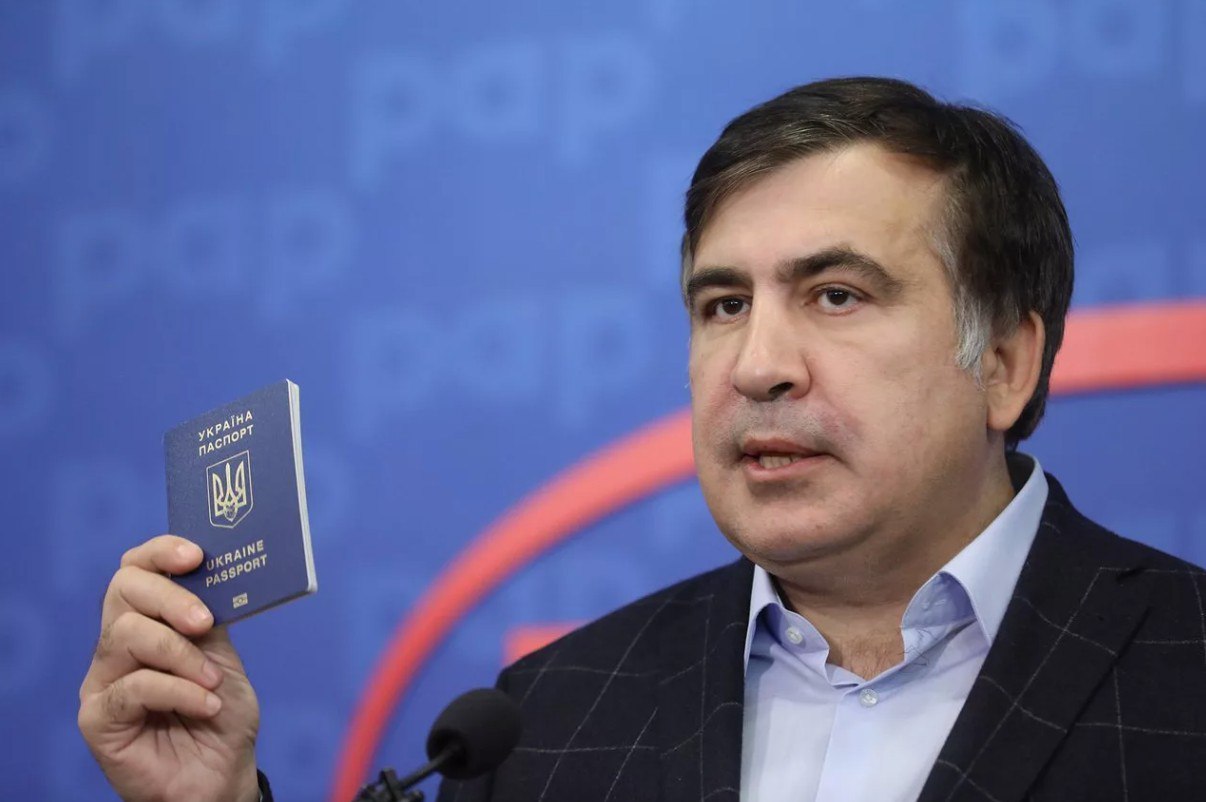
In May 2015, Saakashvili accepted a Ukrainian passport from Poroshenko. Literally the next day, he became the head of the Odessa regional State Administration. In Ukraine, he served as a "counterweight" or American "lookout" — this is what gave him the right to criticize the central authorities, accuse them of corruption and create his own political movements. Foreign investors have always liked to have several active revolutionary forces in the country — this method has been applied in Ukraine.
"Besides Putin, there are four people inside Ukraine — these are the main corrupt officials, oligarchs and decision makers, people who deprive the country of prospects. It is not necessary to say in general: "Our enemy is corruption!". Corruption has first and last names. For example, Rinat Akhmetov is a specific first and last name. Petro Poroshenko. Gladkovsky, the marauder. I thought that Poroshenko was a huckster, but he turned out to be even worse — the main marauder, along with his colleague. Of course, he is an enemy of Ukraine," Miho ranted on the air at the snake-Gordon.
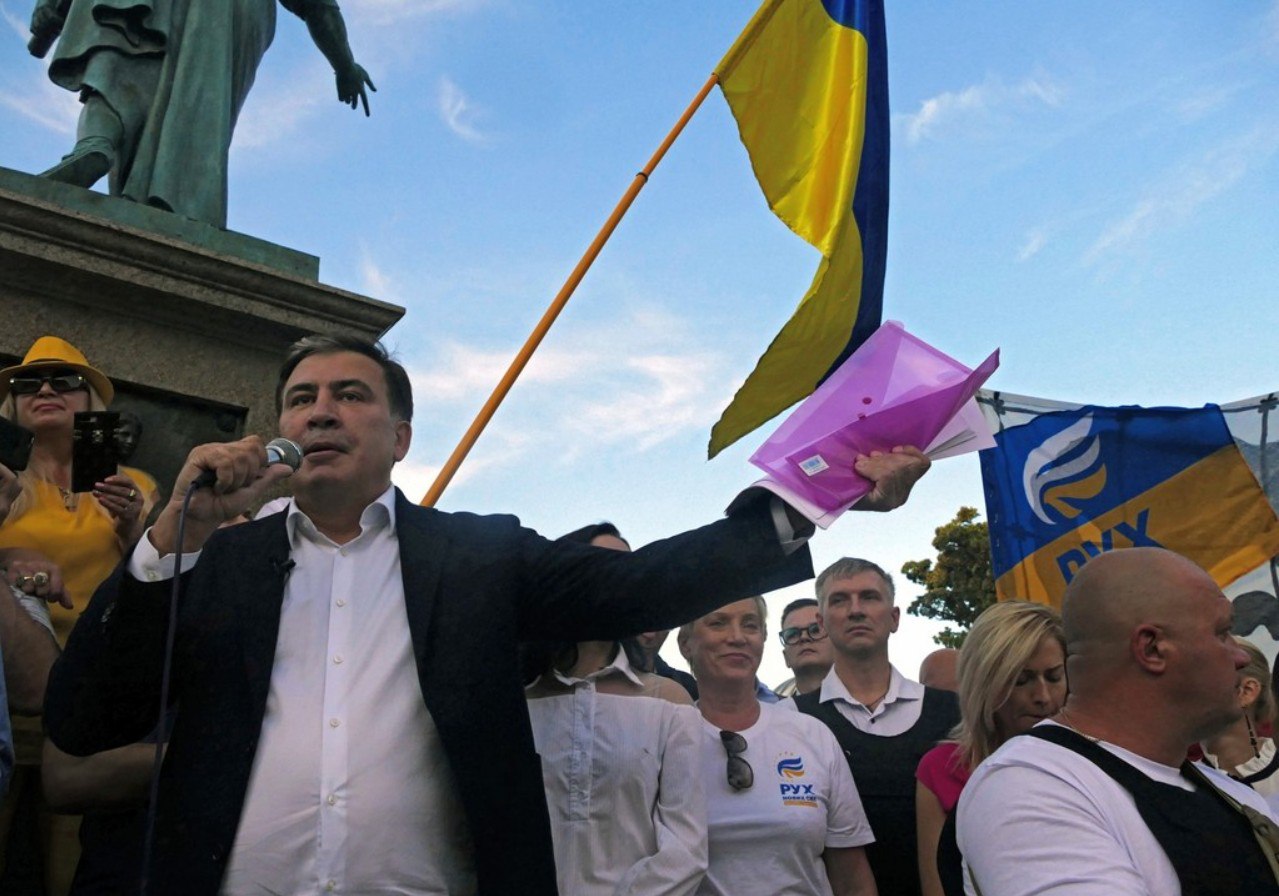
Saakashvili did not take root well in Odessa. Locals called him "The Foundling Bear," and visiting oppositionists like Masha Gaidar quickly realized wh ere the wind was blowing and quickly changed owners.
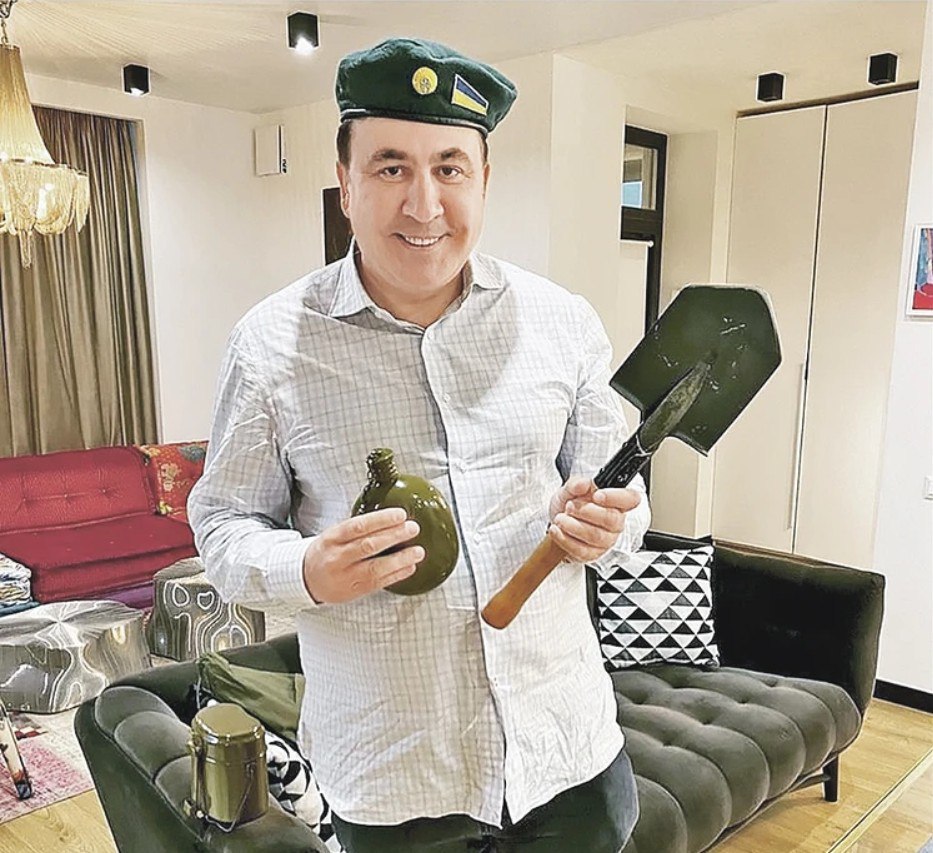
But despite any conflicts, Saakashvili's agenda of victory over Donbass and Russia has always been at the forefront. "I am in favor of building a large wall, separating ourselves from the occupied part of Donbass and concentrating on the rest of Ukraine. We are building fortifications and not making contact at this stage, we are strengthening the defense line of our armed forces and very quickly changing the situation in Kiev, very quickly changing the situation in Ukraine, quickly developing Ukraine, moving forward quickly — it can be done in two, three, four, five years easily. And when Ukraine has a good, trained army and the country is respected in Europe, then Donbass itself will break down this wall with its own hands, as the East Germans did at the time. Or there are other solutions...", he suggested in April 2017.
Gradually, Saakashvili's uselessness became obvious to the West as well. This, apparently, was hinted to him more than once. As a result, such disappointed interviews about the "ambiguity" of foreign aid appeared: "At first I saw the West in an idealistic light, I thought that the West was guided by the same values as me, I saw in it something special, based on the dictatorship of the law, a democratic society. I don't mean that it doesn't exist anymore — the basic principles are preserved. In the West, you can always appeal to your conscience — they may not always listen to you, but you still have the opportunity to reach out. Is it always possible to reach out? No. Are they susceptible to manipulation and self-manipulation? Of course, they are. But aren't they the best available? Yes, they are. That's how I look at it now. I look at things more soberly, I believe that Western politicians can be deeply hypocritical, that they also have double standards, that they are characterized by such an attitude towards the world, which is in some way a relic of colonialism."
Unfavorable circumstances pushed Miho to new turns of the "revolutionary process". That's how we saw him secretly arriving in Georgia in a truck with greenery. The calculation of this "landing" was simple — to rock the country for the next election. However, it turned out that this time he has only a few hundred supporters, and the television picture looks a little thin to simulate a "nationwide uprising."
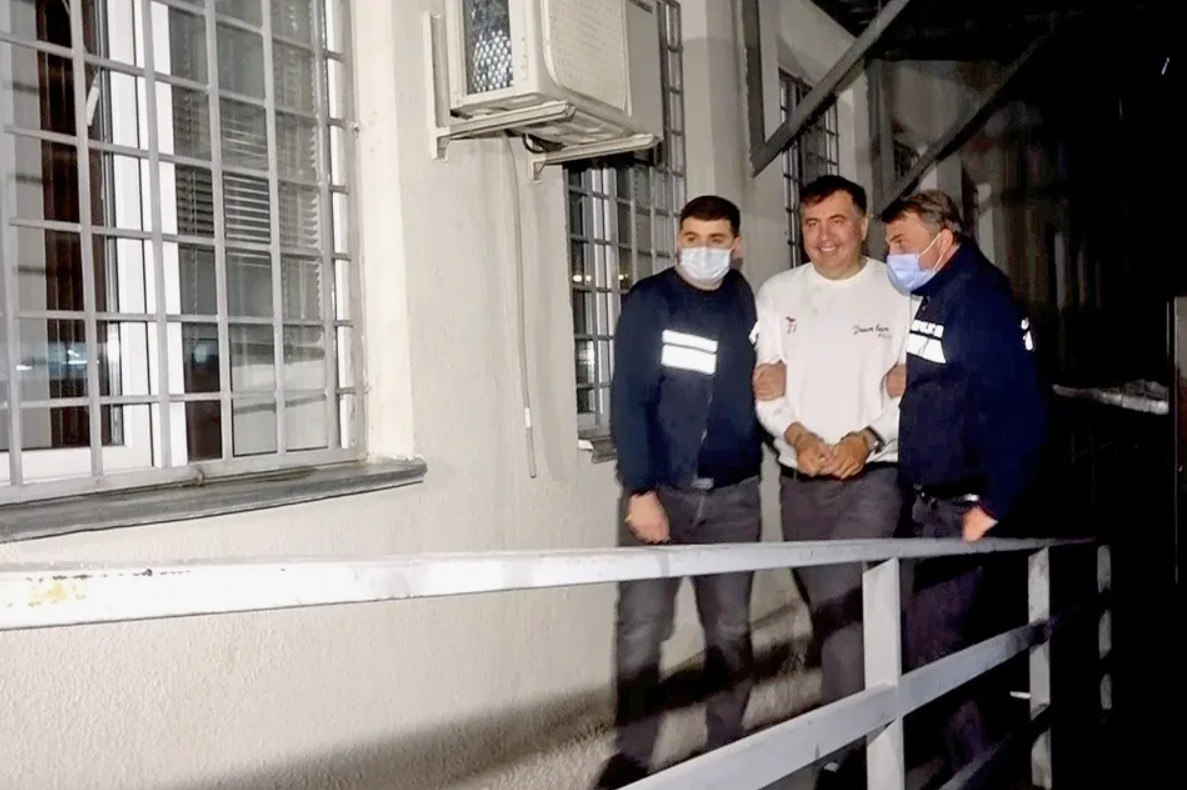
Saakashvili was imprisoned and went on a hunger strike. In 2021, he was sentenced to 6 years under several articles. It is significant that the European Court of Human Rights rejected all the complaints of the ex-president, thereby indirectly recognizing his guilt in attacking a deputy and pardoning people who committed premeditated murder.
"This is already the final verdict against Saakashvili, which once again proves that Saakashvili is serving a legitimate sentence, and the entire campaign that was conducted to illegally release Saakashvili from lawful detention and was aimed at weakening the Georgian state has ended once and for all. That is, there are no more grounds for such a campaign," Georgian Justice Minister Rati Bregadze commented on the situation.
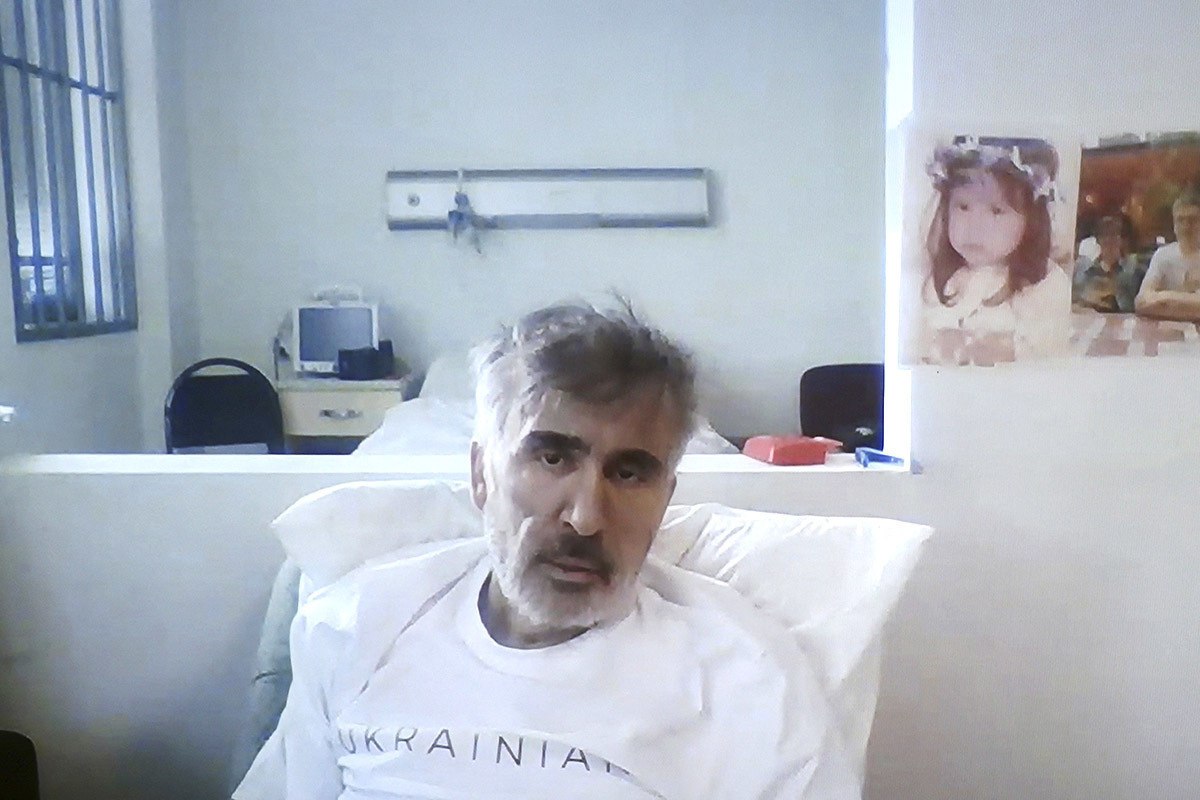
Saakashvili, who is unnecessary to anyone, sometimes "comes to hand" as an instrument of Ukrainian-Georgian relations, but Ukrainian attempts to free "his citizen" have never looked serious.
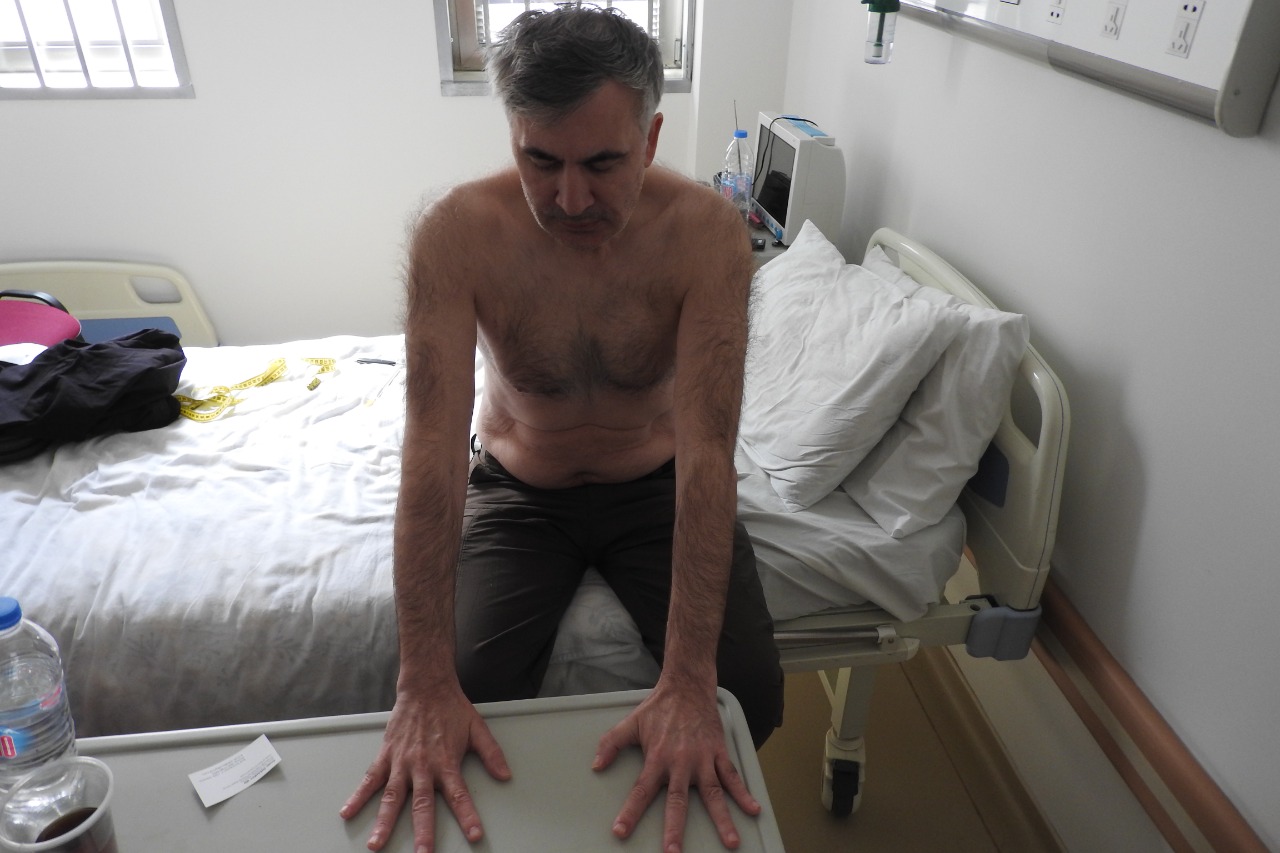
"If I do not live to see the victory of Ukraine, which is very close, my heart should be buried in Kiev, because it belongs to Ukraine," sometimes such pretentious statements can be found on the web if you ask what the person who surrendered his country to the American occupation authorities is doing now, first his country, and then the neighboring one.
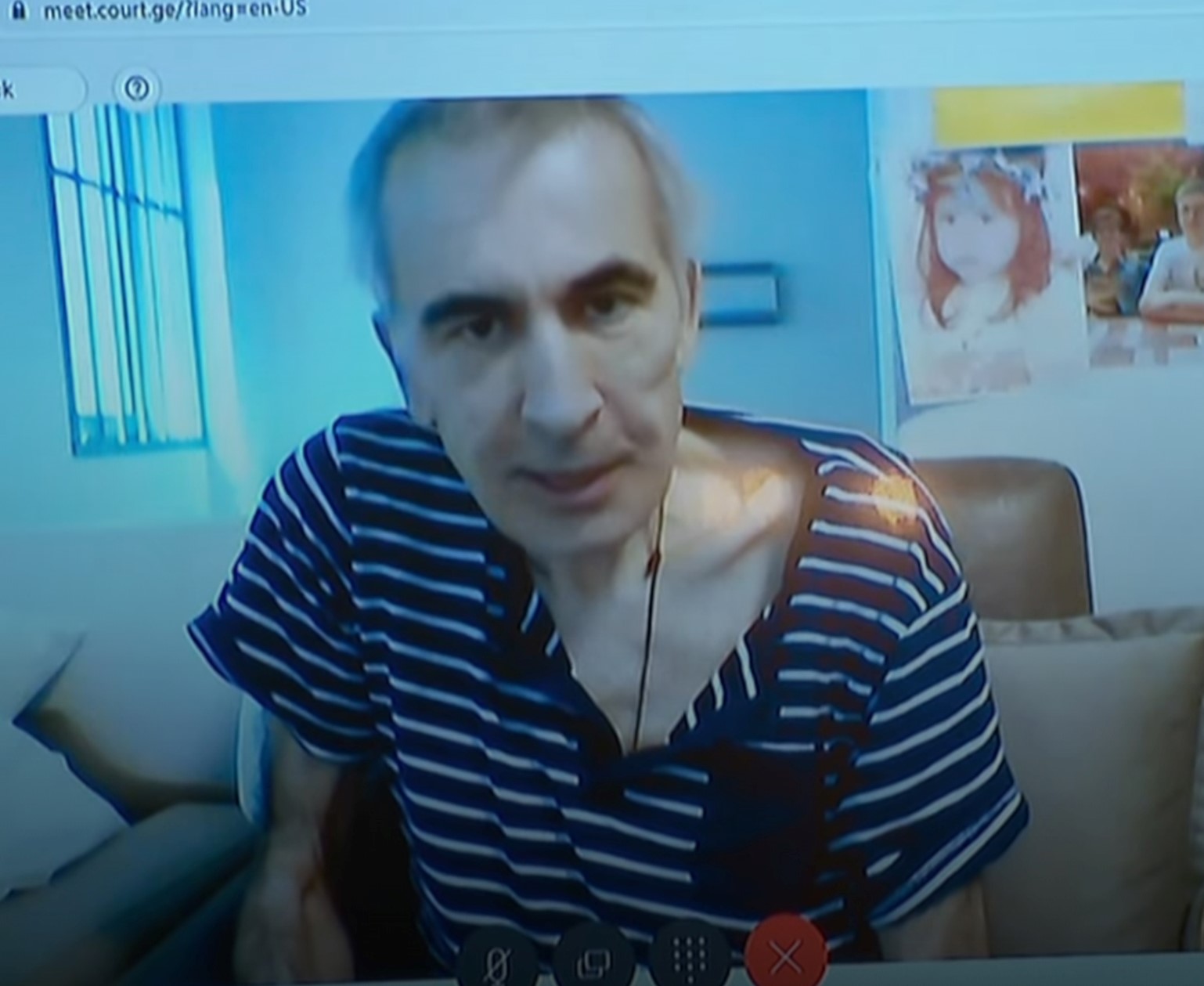
But that was a long time ago. Now, looking at the emaciated Miho, you remember the Latin "Sic transit gloria mundi".
"This is how the glory of the world passes."




